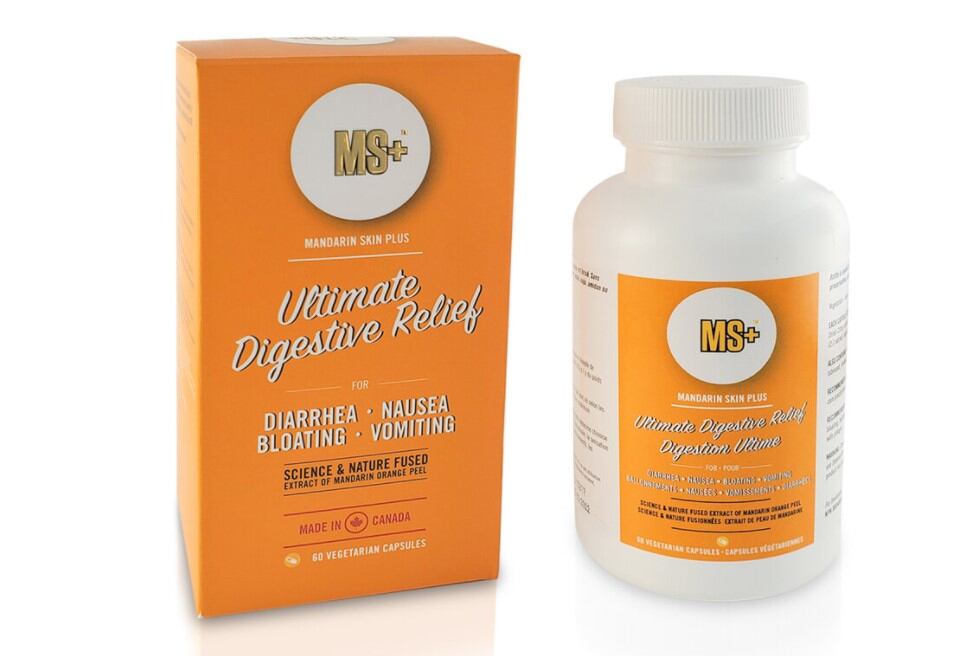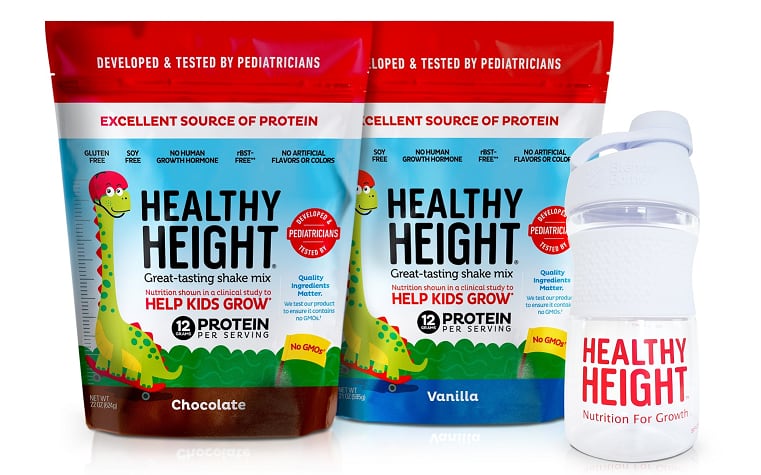A high protein intake at old age is important for muscle protein synthesis and maintaining muscle mass and physical function. The RDA of protein for older people are usually in the range of 0.8 and 1.2 g/kg body weight (BW)/d worldwide.
However, there have been few studies that highlight the possible impact that higher protein intake via food as opposed to supplement, may exert on protein oxidation, which can potentially result in DNA damage.
In this study, researchers used data from two similar designed randomised control trials conducted in Austria and New Zealand and found that an increased protein intake at recommended level or well above did not affect DNA damage or change levels of reduced (GSH) or oxidised glutathione (GSSG) in community-dwelling elderly subjects. GSH is an antioxidant known to play a role in inhibiting DNA damage.
It was revealed that an increase in the habitual protein intake of 1.5 to 1.7 g/kg body weight/day is ideal for older adults.
The findings were published in Nutrients.
Austrian study
In the Austrian study, 119 community-dwelling men and women aged between 65 and 85 years were enrolled in a randomised controlled trial.
Subjects were allocated to three groups, control, recommended protein and high protein. Across all groups, the average protein intake was 0.8 g/kg BW/d, with protein contributing 14% of energy at baseline.
For the control group, there was no change in their habitual diet. The recommended protein group was tasked with a protein intake of 1.0 g/kg BW/d, meaning 15% of energy consumed should come from protein.
For the high protein group, protein intake is doubled to 2.0 g/kg BW/d, however subjects were unable to achieve this, only managing to reach 1.54 g/kg BW/d. This meant 23% energy came from protein.
Subjects were on this intervention for six weeks, and their sources of protein came from whole foods such as milk, bread, bars, and puddings.
New Zealand study
In the New Zealand study, 29 healthy older men above 70 years old were enrolled.
They were allocated to the RDA group which meant consuming 0.8 g/kg BW/d of protein (11.6% energy), or twice the RDA at 1.6 g/kg BW/d of protein (20% energy) for 10 weeks.
Dietary protein came from sources including plant-based like legumes and nuts, white meat such as chicken and fish, as well as red meat like beef.
Assessment of DNA damage
In both studies, blood tests were used to measure oxidative damage to DNA.
Both results show that increasing the protein intake to 1.5–1.7 g/kg BW/d in community-dwelling seniors did not show any measures of DNA damage, or alter GSH and GSSG levels.
Therefore, this whole food approach is recommended to older adults as part of their dietary change to increase protein intake.
Researchers said most interventions on increasing protein intake in this age group tend to use protein supplementation.
This study had several strengths including how it combined two randomised intervention trials, independently conducted and both using a food-based approach to increase the protein intake in elderly subjects.
The analyses of DNA damage, GSH and GSSG levels were performed in the same lab in Austria, so lab-based differences were avoided in this research.
As this is the first study of its kind, researchers said these findings should encourage future research in investigating the link between protein intake or other nutrient related changes in elderly subjects on DNA damage and oxidative stress parameters.
Source: Nutrients
https://doi.org/10.3390/nu13103479
“The Effect of Elevated Protein Intake on DNA Damage in Older People: Comparative Secondary Analysis of Two Randomized Controlled Trials”
Authors: Agnes Draxler, et al.




